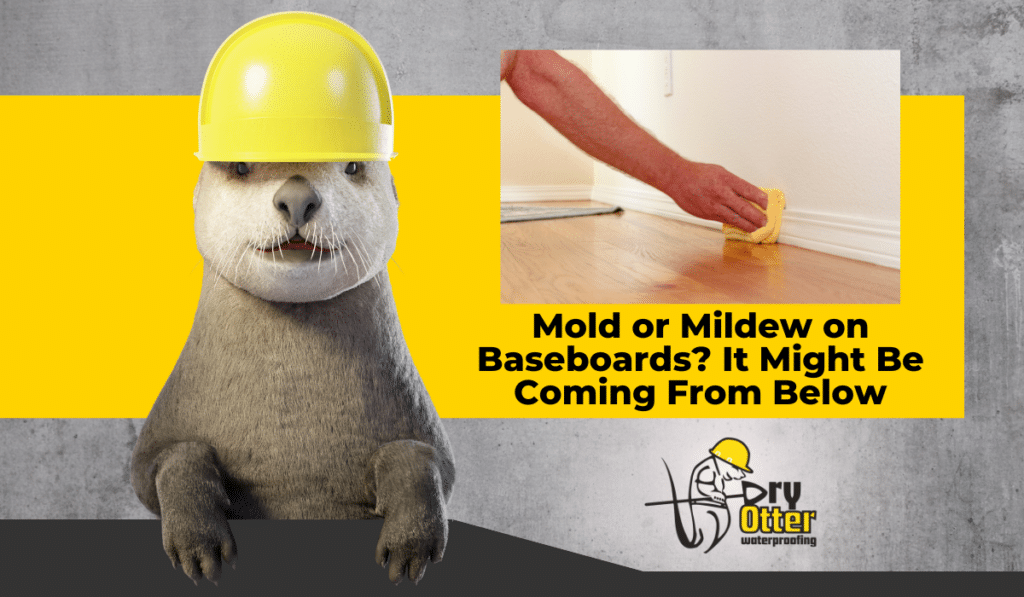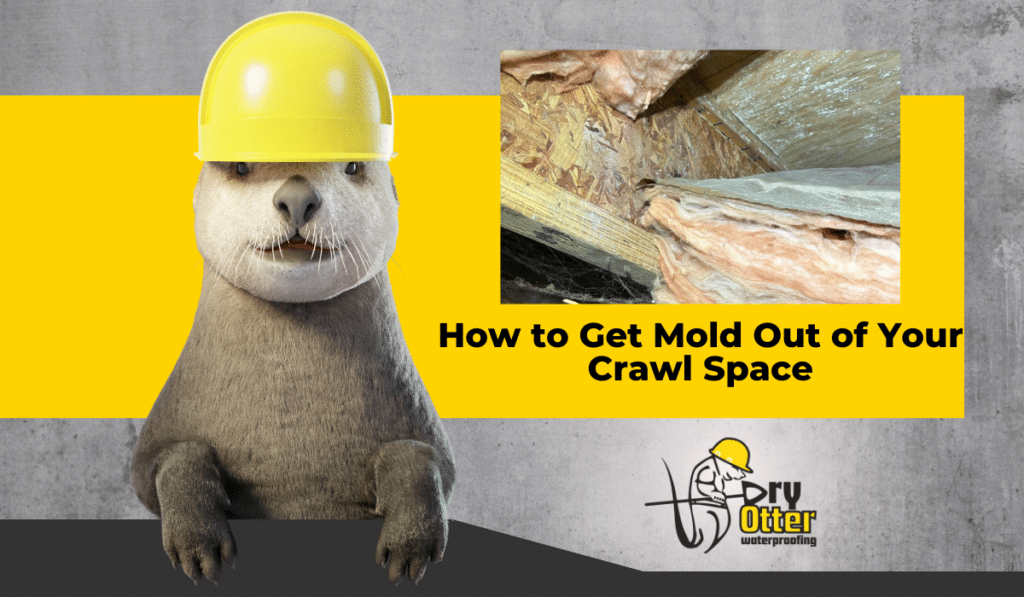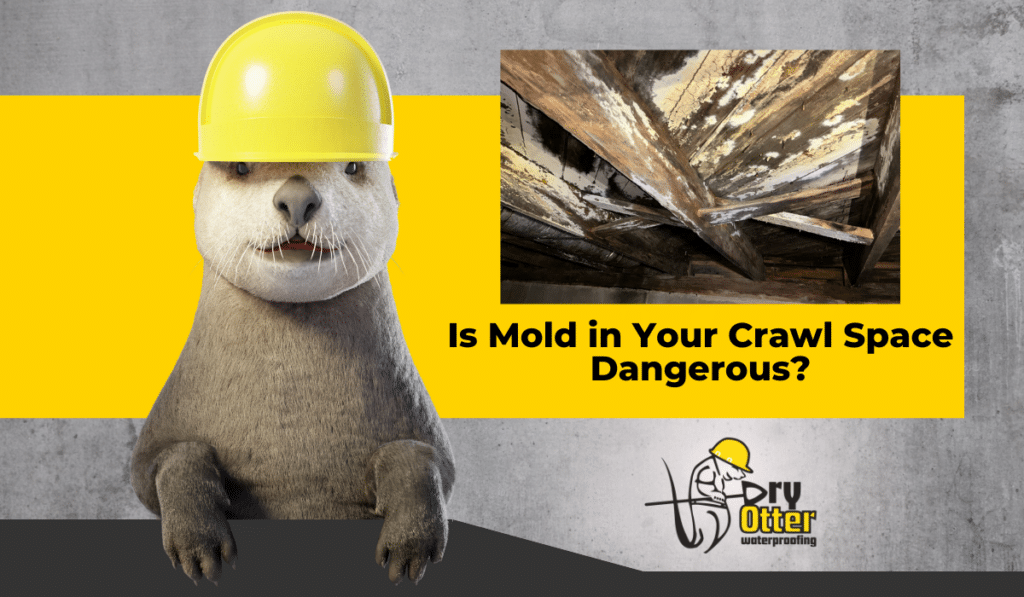I’ve been there, my friend. That musty smell in the basement that hits you like a ton of bricks every time you open the door. It’s not just unpleasant; it can be downright embarrassing when guests come over. But here’s the thing: you don’t have to live with it. Here’s how to get rid of that musty smell in your basement once and for all.
Whether it’s excess moisture, poor ventilation, or hidden mold, we’ll uncover the culprit behind your basement’s funky odor. And then? We’ll tackle it head-on with practical solutions that actually work. No more covering your nose with your shirt every time you need to grab something from downstairs. It’s time to reclaim your basement and breathe easy.
Table Of Contents:
- What Causes Musty Smells in Basements?
- Health Risks Associated with Musty Basements
- How to Get Rid of Musty Smells in Your Basement
- Preventing Musty Smells from Returning
- When to Call a Professional for Musty Basement Smells
- Conclusion
What Causes Musty Smells in Basements?
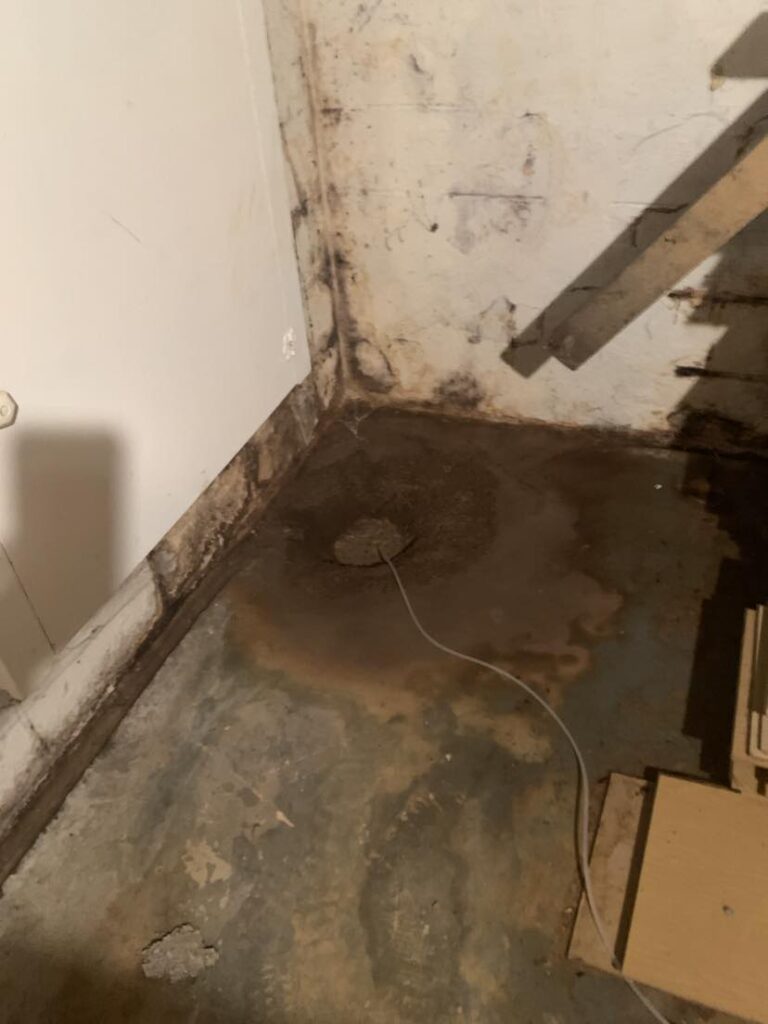
If you’ve ever walked into a basement and been hit with a musty, stale odor, you know how unpleasant it can be. That pervasive basement smell is more than just an annoyance though – it’s often a noticeable sign of a bigger problem. What usually causes a musty smell in a basement is mold and mildew growth. Mold thrives in damp, dark environments, making basements a prime target. As mold grows, it releases compounds called microbial volatile organic compounds (MVOCs) which are responsible for that distinctive musty smell. According to the EPA, a musty odor can be an indicator of hidden mold growth and should be investigated. We’ve seen firsthand how quickly mold can spread if a basement moisture issue is left unresolved.
Excess Moisture
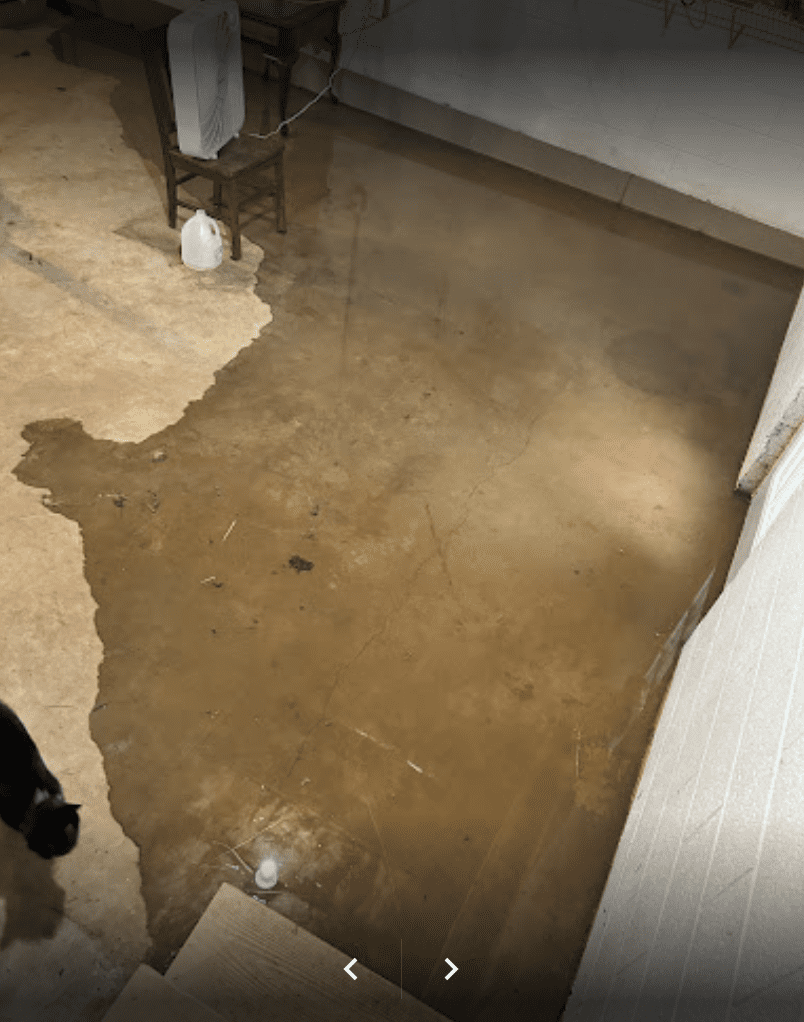
Basements are notorious for excess humidity due to their below-grade location. Groundwater seepage, condensation from pipes, and even everyday activities like doing laundry can raise moisture levels. This excess moisture is what fuels mold growth and subsequent odors. Stagnant, humid air is a recipe for musty smells. Many basements lack adequate ventilation, allowing odors and moisture to build up over time. Without proper air circulation, even minor basement odors can become overpowering.
Standing Water
Leaky pipes, foundation cracks, and flooding can lead to standing water in your basement. If not addressed quickly, this stagnant water will contribute to high humidity levels and provide an ideal environment for mold, mildew, and odor-causing bacteria.
Health Risks Associated with Musty Basements
Musty basement smells aren’t just unpleasant – they can be downright dangerous. The mold and mildew behind these odors can pose serious health risks, especially for those with allergies, asthma, or weakened immune systems. Inhaling mold spores can irritate the lungs and airways, leading to wheezing and shortness of breath. For those with pre-existing respiratory conditions, exposure to basement mold can trigger asthma attacks and worsen symptoms.
Allergic Reactions
Many people are allergic to mold, experiencing symptoms like sneezing, runny nose, itchy eyes, and skin rashes when exposed. In severe cases, mold allergies can even lead to dangerous anaphylactic reactions.
Weakened Immune System
Prolonged exposure to the poor air quality in a musty basement can weaken the immune system over time, making you more susceptible to illness and infection. This is especially concerning for children, the elderly, and those with compromised immune function.
How to Get Rid of Musty Smells in Your Basement
To get a musty smell out of your basement starts with eliminating the excess moisture that causes them. This is a multi-step process that requires identifying the moisture source, cleaning up existing mold, and taking steps to prevent future humidity issues. The first step is to thoroughly inspect your basement for any signs of water intrusion. Check for leaks around windows, doors, and foundation walls. Pay special attention to plumbing lines and appliances like washing machines or water heaters. If you find any leaks, repair them immediately to stop moisture infiltration.
Improve Ventilation
Proper ventilation is key to controlling basement humidity and preventing stale, musty air. If your basement has windows, open them regularly to allow for cross-ventilation. You can also install exhaust fans in bathrooms or near appliances to help remove excess moisture. For basements without windows, consider using a dehumidifier to manage humidity levels. Dehumidifiers are an excellent tool for removing excess moisture from basement air. These devices pull in humid air, remove the moisture, and expel dry air back into the room.
Clean and Remove Mold
If you spot mold growth in your basement, it’s crucial to remove it promptly and safely. Small areas of mold can often be cleaned with a mixture of water and detergent. However, for extensive mold growth, it’s best to call in a professional mold remediation service to ensure safe and thorough removal.
Use Deodorizers
Once you’ve addressed the moisture issues and removed any mold growth, you can use natural deodorizers to help freshen the air. Try setting out bowls of baking soda or activated charcoal to absorb lingering odors. Store bought products like DampRid can work temporarily as well. Another idea is to simmer lemon peels or cinnamon sticks on the stove to infuse a pleasant scent into the air.
Preventing Musty Smells from Returning
Eliminating musty basement odors is only half the battle – you also need to take steps to prevent them from coming back. Ongoing moisture control and regular maintenance are essential for keeping your basement fresh and dry. Ideally, indoor humidity levels should be kept between 30-50% to prevent mold growth and musty odors. Use a hygrometer to monitor your basement humidity and run a dehumidifier as needed to maintain optimal levels. If you don’t have a hygrometer, which is likely, you could purchase a “weather station” from the hardware store. They are traditionally used to monitor the outdoor temperature and humidity, but if you place the sensor in the basement, you can put the monitor portion in the basement or first floor and it will display the humidity in the basement.
Regularly Clean and Inspect
Incorporate basement cleaning and inspection into your routine home upkeep. Quickly address any leaks or spills, and stay vigilant for water damage or mold signs. Early detection simplifies issue resolution. Be aware that concrete basement floors may draw moisture from the ground, elevating humidity levels. Regular maintenance helps prevent these problems from escalating.
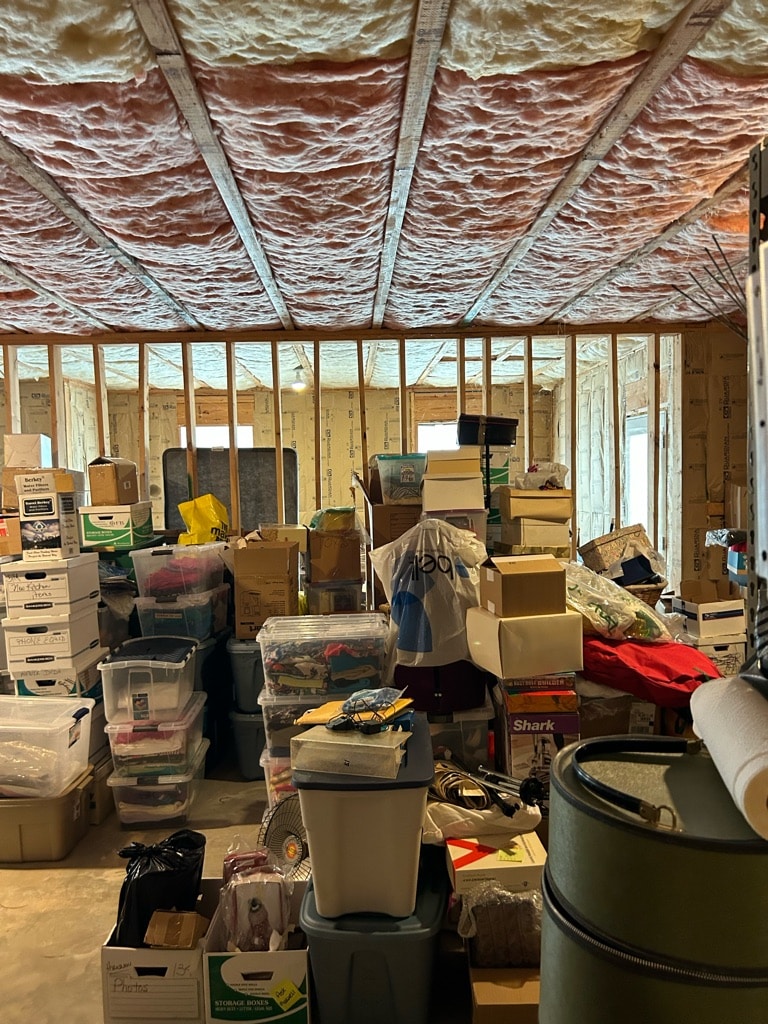
Improve Basement Storage Solutions
Clutter and improper storage, such as cardboard instead of plastic, can trap moisture and contribute to musty smells. Keep your basement organized with moisture-resistant shelving and storage bins. Avoid storing items directly on the floor, and make sure to leave space between stored items and the walls to allow for air circulation.
When to Call a Professional for Musty Basement Smells
While there are many DIY solutions for eliminating musty basement odors, some situations call for professional intervention. If you’re dealing with persistent odors, extensive mold growth, or structural moisture issues, it’s time to bring in the experts. If you’ve tried all the basic remedies and your basement still smells musty, there may be a hidden moisture source or mold growth that you’re missing. A professional waterproofing or mold remediation company can help identify and address the underlying issue.
Extensive Mold Growth
Mold can be tricky to remove thoroughly, and improper removal can actually make the problem worse by releasing mold spores into the air. If you’re dealing with a large area of mold growth, it’s best to leave the removal to trained professionals who have the proper safety gear and experience.
Structural Damage
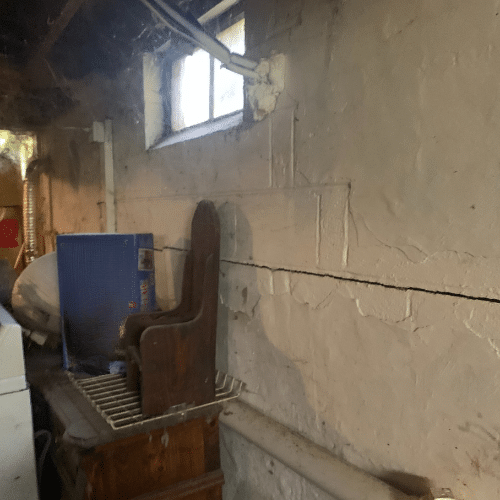
If your musty basement odors are accompanied by signs of structural damage like cracks in the foundation, bowing walls, or a sinking floor, you need professional waterproofing ASAP. These issues can indicate serious water damage that compromises the safety and integrity of your home and require a professional to install drainage and a sump pump, and perhaps a commercial dehumidifier. Musty basement smells are more than just a nuisance – they’re a warning sign of potentially hazardous moisture and mold issues. By understanding the common causes, health risks, and remediation strategies for musty odors, you can take steps to keep your basement clean, dry, and healthy. And if DIY solutions aren’t enough, don’t hesitate to call in the pros for a permanent odor-eliminating fix.
Conclusion
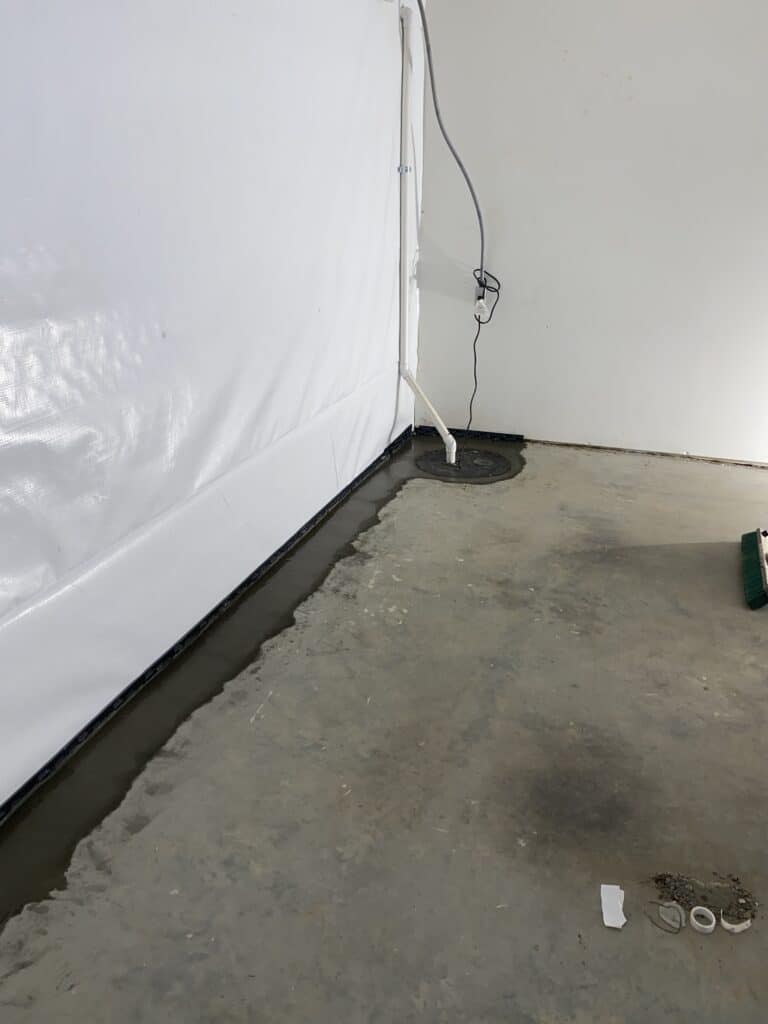
Banishing that musty smell in your basement is all about staying vigilant and proactive. You’ve learned how to identify the root causes, whether it’s excess moisture, stagnant air, or sneaky mold. Armed with the right tools and techniques, you can effectively eliminate odors and keep them from coming back.
Remember, a dry, well-ventilated basement is a happy basement. So, keep those dehumidifiers running, fans circulating, and drainage systems in check. And if you do spot any mold, don’t panic. Just suit up, scrub it down, and show it who’s boss.
Your basement doesn’t have to be a nose-pinching nightmare anymore. With a little elbow grease or simply hiring a professional, you can transform it into a fresh, inviting space you’ll actually want to spend time in. No more musty mysteries, just clean, crisp air.



